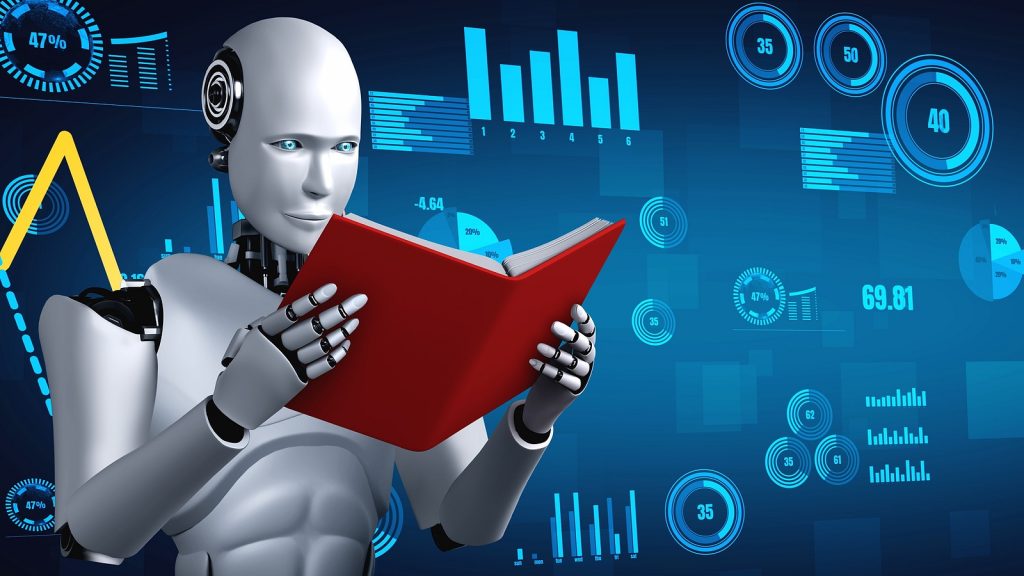
As the world becomes increasingly digital, the role of Artificial Intelligence (AI) in various industries is proliferating. In the field of coaching, AI-powered assessments can be beneficial in providing coaches with insights into their clients’ mental and emotional states. However, while AI can provide helpful information, coaches should avoid relying solely on it for client assessments. Here are some reasons why:
AI lacks context and nuance
AI is designed to work within specific parameters and operates based on pre-defined rules and algorithms. While this can be helpful in many ways, it also means that AI needs to gain the ability to understand context and nuance. For example, an AI assessment may tell you that a client is feeling anxious, but it may not be able to determine the underlying cause or the best way to address it. As a coach, it’s essential to understand the full picture of your client’s situation, and that requires a human touch.
Coaches can miss important cues
When coaches rely solely on AI assessments, they may miss important cues that can only be picked up by a human being. For example, a coach might notice that a client’s body language indicates that they are feeling uncomfortable or defensive during a particular conversation. An AI assessment would not be able to pick up on these subtle cues, which could lead to a less effective coaching session.
Coaching is a human-centered profession
At its core, coaching is a human-centered profession. Coaches work with people to help them achieve their goals, which requires a deep understanding of human psychology, emotions, and behavior. While AI can provide valuable data points, it cannot replace the human connection necessary for effective coaching. Coaches should prioritize building solid client relationships, which requires more than data analysis.
AI assessments can be biased
One potential problem with relying solely on AI assessments is that they can be biased. AI algorithms are only as good as the data they are trained on, and if that data is biased, the assessment results may also be biased. For example, if an AI assessment is trained on data that reflects a particular cultural or demographic group, it may not accurately reflect the experiences of clients from other groups. This can lead to inaccurate assessments and ineffective coaching sessions.
Additionally, AI algorithms can perpetuate existing biases in society. For example, an AI assessment might suggest that a female client is not assertive enough when she is simply operating within societal norms that value more cooperative behavior from women. Coaches must know these potential biases and use their judgment when interpreting AI assessment results.
Importance of a human touch
Finally, one of the most important reasons coaches should avoid relying solely on AI for client assessments is the importance of human touch. Coaching is a deeply personal and relational process, and clients need to feel heard, understood, and supported to make progress. While AI can provide valuable data, it cannot replace the empathy, understanding, and warmth of working with a human coach.
Coaches who rely too heavily on AI assessments risk coming across as cold or impersonal, eroding the trust and connection between coach and client. Instead, coaches should use AI to supplement their expertise rather than relying on it as a replacement. By combining the insights and data provided by AI with their own experience and intuition, coaches can create a more holistic and practical coaching experience for their clients.
Importance of human intuition
Another reason why coaches should avoid relying solely on AI for client assessments is the importance of human intuition. Humans have an innate ability to sense and understand things that may not be immediately apparent. This intuition can be invaluable in coaching, where clients may only sometimes be able to articulate their feelings or experiences.
For example, a coach may pick up on subtle changes in a client’s tone of voice or body language that suggest they feel anxious or upset, even if the client is not explicitly expressing those feelings. This ability to read between the lines and pick up on nonverbal cues is something that AI assessments simply cannot replicate.
Additionally, human intuition allows coaches to make more nuanced assessments of their client’s needs and progress. While an AI assessment might provide a score or ranking based on specific data points, a human coach can consider the full range of a client’s experiences, emotions, and behaviors to provide a more holistic assessment. This can help coaches tailor their approach to each client and create more effective coaching sessions.
Conclusion:
While AI can be a helpful tool in coaching, coaches should avoid relying solely on it for client assessments. AI needs more context and nuance, and coaches can miss important cues only humans can pick up on. Coaching is a human-centered profession, and building strong relationships with clients is crucial for success. So, while technology can enhance the coaching process, it should be different from the human touch that makes coaching so effective.






